Introduction
African traditional culture is a rich and diverse tapestry that encompasses the beliefs, customs, practices, and social structures of the continent’s numerous ethnic groups. With over 3,000 distinct ethnic groups and more than 2,000 languages, Africa presents an extraordinary variety of cultural expressions.
This overview will delve into various components of African traditional culture, including spirituality, social organization, art, music, dance, and oral traditions.
Spirituality and Beliefs
Ancestral Worship
Ancestral worship is a common thread in many African cultures. It involves reverence for ancestors, who are believed to watch over their descendants and influence their lives. Rituals and ceremonies are conducted to honor ancestors, seeking their guidance and blessings. This connection to the past emphasizes the importance of lineage and heritage.
Cosmology and Mythology
African cosmologies are rich with creation myths and stories that explain the origins of the universe, humanity, and the relationship between the seen and unseen worlds. These myths often involve deities, spirits, and natural elements, illustrating the interconnectedness of life. For instance, the Yoruba people of Nigeria have a complex pantheon of gods (orishas) that govern various aspects of life.
Religious Practices
Traditional religions often incorporate elements of animism, where natural objects and phenomena are believed to possess spiritual significance. Rituals may involve sacrifices, offerings, and communal ceremonies. While many Africans also practice Christianity or Islam, traditional beliefs continue to play a crucial role in cultural identity.
Social Organization
Family and Kinship
The family unit is central to African social structure. Extended families, consisting of multiple generations, often live together or maintain close ties. Kinship systems can be matrilineal or patrilineal, influencing inheritance and lineage. Elders hold significant authority and are respected for their wisdom.
Community and Social Roles
African societies emphasize communal living. Communities often gather for important events, such as weddings, funerals, and harvest celebrations. Social roles are typically defined by age, gender, and status. Men may take on roles as hunters or warriors, while women are often caregivers, farmers, and artisans.
Gender Roles
Gender roles in African cultures vary widely. In many societies, women play crucial roles in agriculture, trade, and family life. However, patriarchal structures are prevalent, and women may face limitations in certain areas. Contemporary movements are challenging traditional norms, advocating for gender equality and women’s rights.
Art and Craftsmanship
Visual Arts
African art is diverse and serves various purposes, from aesthetic beauty to spiritual expression. Sculptures, masks, and carvings are integral to many cultures. For example, the Dogon people of Mali create intricate wooden sculptures that embody their cosmology and spiritual beliefs.
Textiles and Clothing
Textiles are an essential aspect of African culture, often reflecting social status and ethnic identity. Traditional garments, such as kente cloth from Ghana or bogolan (mud cloth) from Mali, are adorned with symbols and patterns that convey cultural significance.
Pottery and Weaving
Pottery and weaving are traditional crafts that vary by region. Pottery may be used for practical purposes or ritualistic functions. Weaving, particularly with grass or palm fibers, produces baskets, mats, and other household items that showcase intricate designs and techniques.
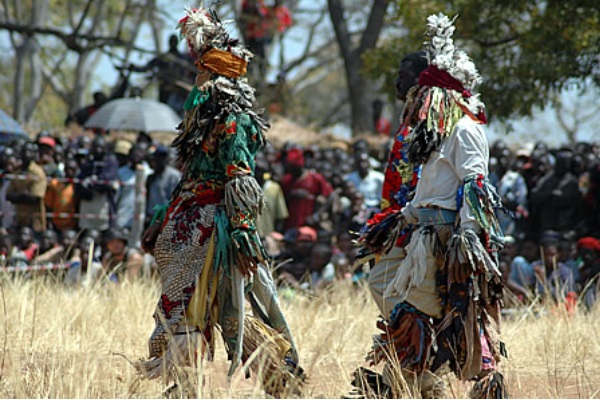
Music and Dance
Instruments and Genres
Music is a vital aspect of African culture, encompassing a wide range of styles and instruments. Traditional instruments include drums, mbiras (thumb pianos), and flutes. Each ethnic group has its musical forms, often tied to specific ceremonies, storytelling, and celebrations.
Dance
Dance is a dynamic expression of culture, often performed during rituals, festivals, and social gatherings. Movements can convey stories, emotions, and cultural values. For example, the Zulu people of South Africa use dance to celebrate victories and honor their ancestors.
Oral Tradition
Oral tradition is a cornerstone of African culture, preserving history, morals, and cultural practices through storytelling. Griots, or oral historians, play a crucial role in many societies, passing down knowledge and preserving the lineage of families and communities.
Festivals and Celebrations
Cultural Festivals
Many African communities celebrate cultural festivals that highlight traditions, music, dance, and food. These festivals reinforce community bonds and cultural identity. For instance, the Harare International Festival of the Arts in Zimbabwe showcases a blend of music, dance, theater, and visual arts.
Harvest Festivals
Harvest festivals mark the end of the agricultural season, celebrating the bounty and expressing gratitude to the spirits and ancestors. These events often include feasting, dancing, and communal gatherings, reinforcing social ties and cultural identity.
Challenges and Adaptations
Colonialism and Its Impact
Colonialism profoundly impacted African cultures, leading to the erosion of traditional practices and imposition of foreign values. Many African societies experienced disruption of social structures, loss of land, and forced assimilation into Western culture.
Modern Influences
Globalization and modernization have introduced new technologies and cultural practices to Africa. While some traditional practices have diminished, others have adapted, leading to a fusion of old and new. Contemporary African artists and musicians are blending traditional elements with modern styles, creating unique expressions of identity.
Cultural Revival
In recent years, there has been a resurgence of interest in traditional cultures. Movements advocating for cultural preservation, language revitalization, and indigenous rights are gaining momentum. Many young Africans are exploring their heritage, seeking to balance tradition with modernity.
Conclusion
African traditional culture is a vibrant and diverse expression of the continent’s rich heritage. Its values, beliefs, and practices are deeply rooted in history and continue to evolve in the face of modern challenges.
Understanding and appreciating this cultural richness is essential for fostering respect, dialogue, and collaboration among people of diverse backgrounds. By celebrating and preserving traditional cultures, we honor the legacy of generations past while paving the way for future generations to embrace their identity.
More:

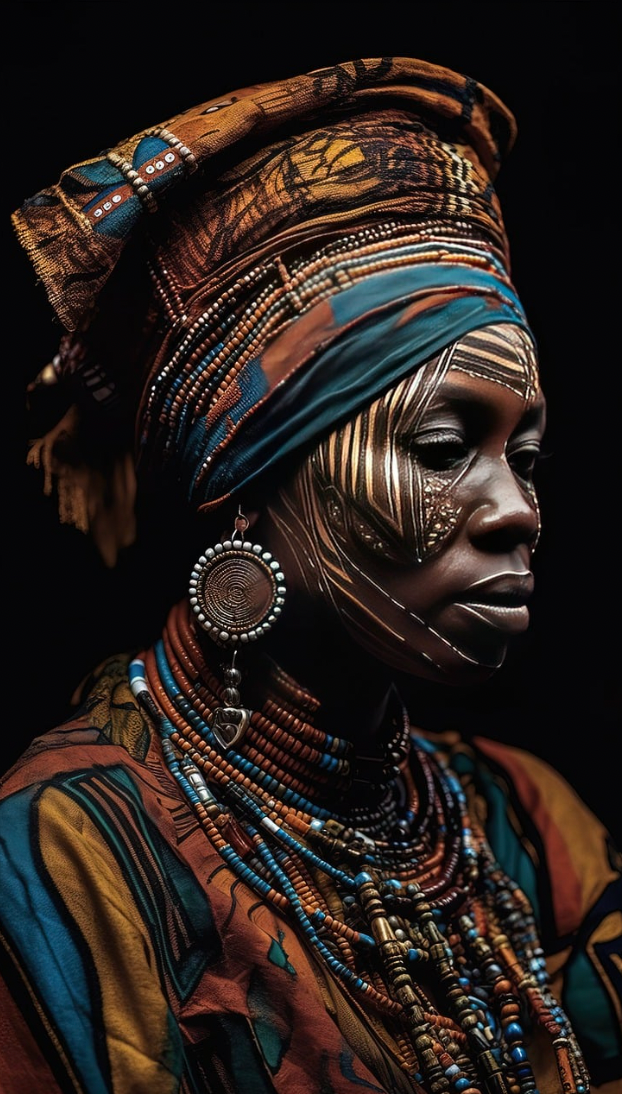
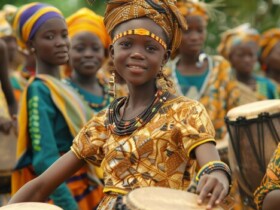

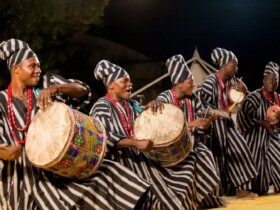

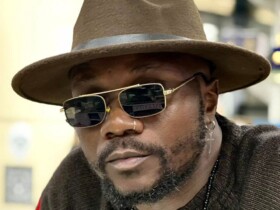
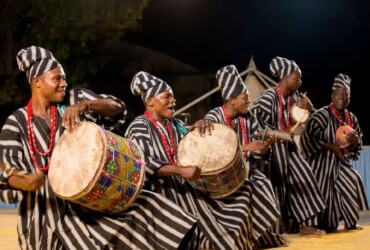
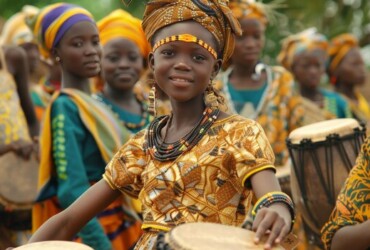
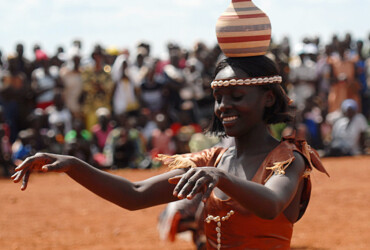
Leave a Reply